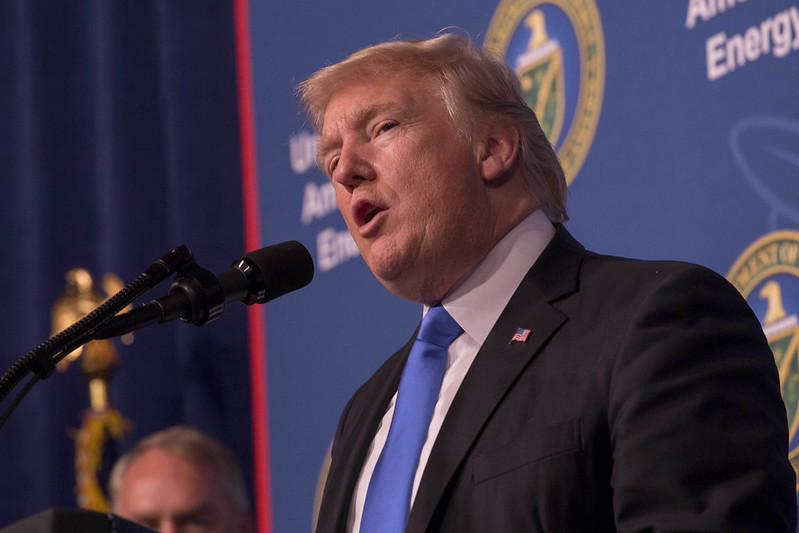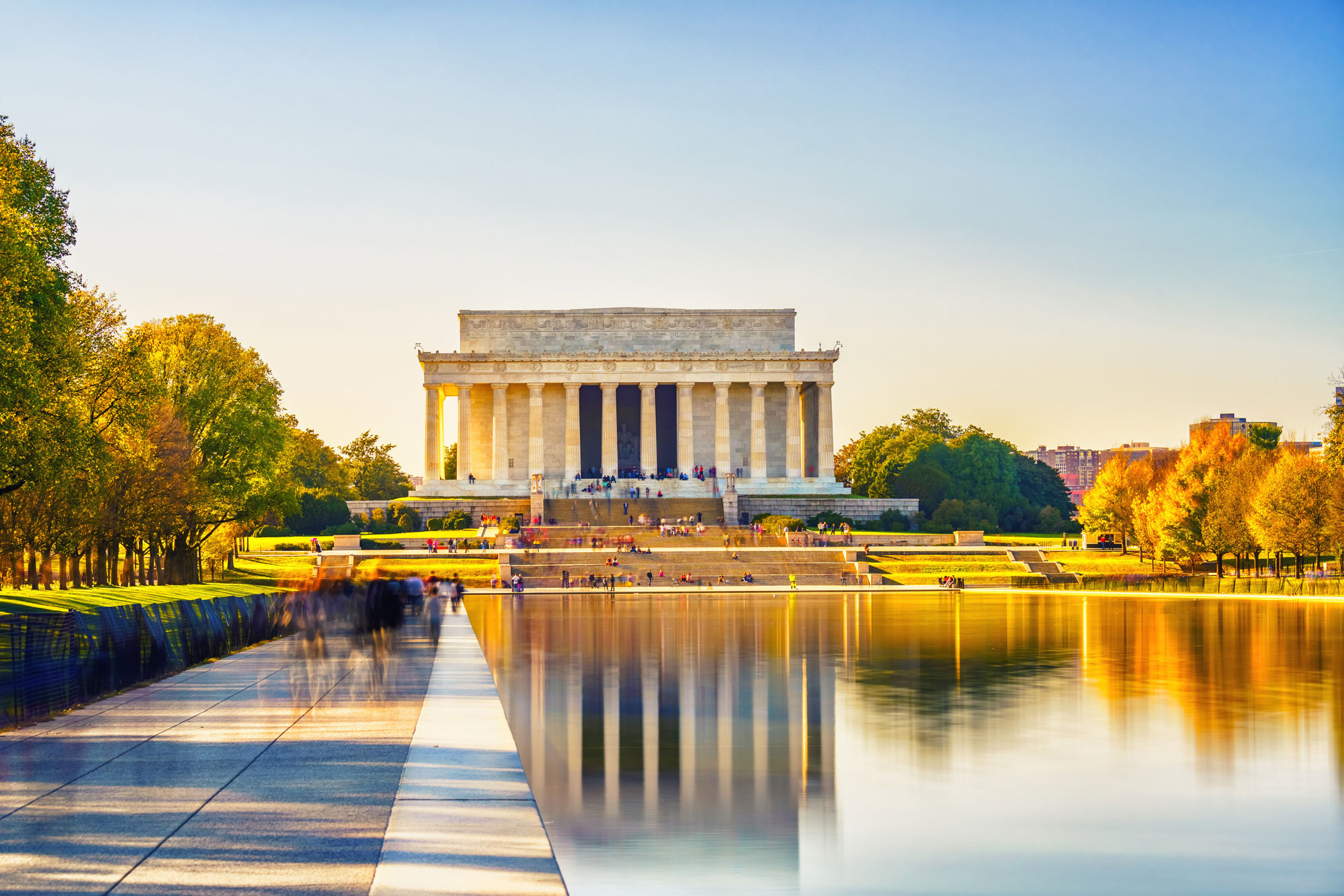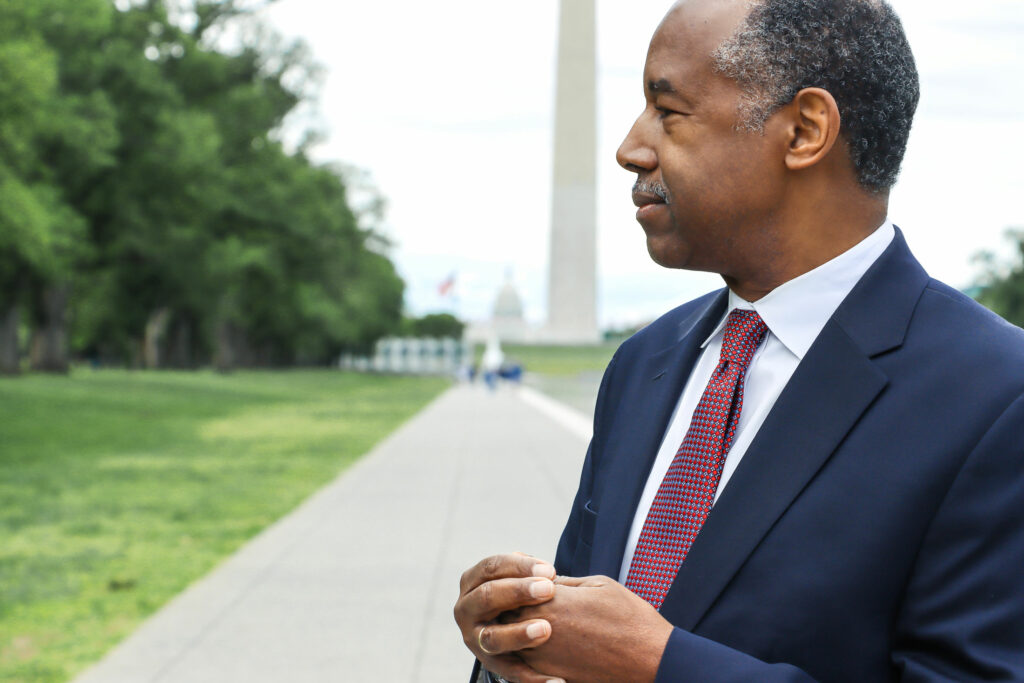
Trump v. United States
Decided July 1, 2024
Question Presented
Does a former president enjoy presidential immunity from criminal prosecution for conduct involving official acts during his time in office, and if so, to what extent?
Bottom Line Up Front
The Supreme Court held that the president is entitled to absolute immunity from criminal prosecution for certain official acts within the president’s “conclusive and preclusive constitutional authority,” a presumption of immunity from criminal prosecution for all other official acts, and no criminal immunity for unofficial acts.
Holding and Implications for the Smith Case
The Supreme Court held that under the constitutional structure of separated powers, a former president is entitled to absolute immunity from criminal prosecution for actions taken within his “conclusive and preclusive constitutional authority.” Moreover, he is also entitled to presumptive immunity for all other official acts, because not all official acts fall within the “conclusive and preclusive authority” of the president. In such instances, the burden falls upon the government to prove that criminal prohibition of such acts “would pose no dangers of intrusion on the authority and functions of the Executive Branch.” Finally, the president has no immunity for unofficial acts.
The first step in an immunity inquiry is distinguishing official from unofficial acts—a distinction no court has drawn before. Presidential immunity, the Supreme Court held, extends to the outer perimeter of the president’s official responsibilities so long as acts are not “manifestly or palpably beyond” his authority, and the restriction of such acts would not impede future legitimate functions of the Executive Branch. Courts may not inquire as to the president’s motives in making this determination.
In the context of Special Prosecutor Jack Smith’s indictment against President Donald Trump, some of the alleged conduct clearly falls within the “conclusive and preclusive constitutional authority” of the president. For example, President Trump’s discussions with the Attorney General, meetings with White House officials, and use of the Justice Department to investigate possible instances of voter fraud “plainly implicate” his “conclusive and preclusive” authority. As such, President Trump is absolutely immune from prosecution for this alleged conduct.
The indictment also alleges that President Trump attempted to enlist Vice President Mike Pence to alter the election results. The Supreme Court noted that whenever the president and vice president discuss their official responsibilities—such as the certification of electors—the president is at least “presumptively immune from prosecution for such conduct.” The burden will now fall on Jack Smith to prove to the district court that criminalizing President Trump’s alleged attempts to influence the vice president on certification proceedings would not intrude on the authority and function of the Executive Branch, which is a high bar to meet.
The Supreme Court notes that the rest of the indictment’s allegations involved President Trump’s interactions with individuals outside the Executive Branch, such as state officials, private parties, and the general public. To determine if these interactions qualify as official or unofficial conduct, the Supreme Court remanded the question to the District Court for further fact-finding.
Finally, the indictment contains various allegations regarding President Trump’s actions surrounding January 6, particularly his public address and his tweets. The Supreme Court stated that “most” of a president’s public communications “are likely to fall comfortably within the outer perimeter of his official responsibilities,” which would entitle him to immunity for such conduct. However, the Supreme Court also noted that there may be “some contexts” in which the president speaks in an unofficial capacity, such as when he is a candidate for office or a party leader. This determination also requires a heavily fact-based analysis, which the Supreme Court remanded back to the District Court for further findings.
In short, the president enjoys absolute criminal immunity for his acts that fall within his “conclusive and preclusive” authority, and presumptive immunity for all other official acts as president. This ruling, based on the “enduring separation of powers principles” enshrined in our Constitution, which are required for the Executive Branch to function, is a significant blow to the Smith case against President Trump.

